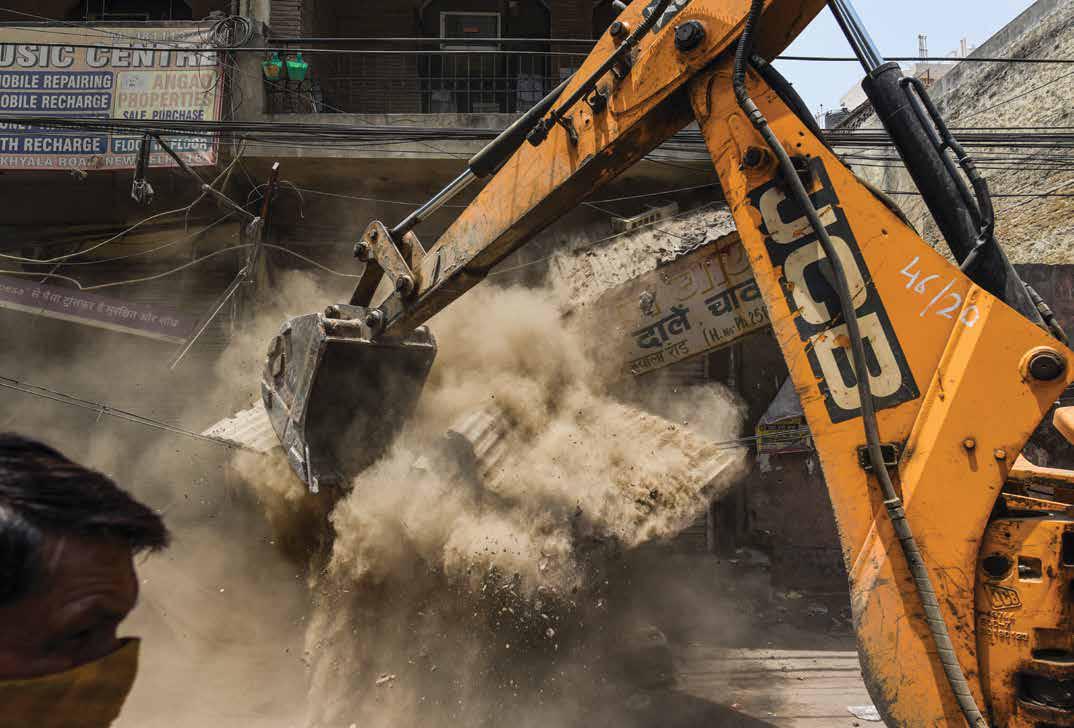
On the morning of 12 June 2022, Afreen Fatima, a social activist from Prayagraj, witnessed bulldozers raze the home she had lived in for over twenty years. “I watched it live on YouTube,” she told me. Her mother prayed on a mat nearby.
The demolition was broadcast across the country by local and national media. The Uttar Pradesh administration claimed the house was illegally constructed, but Fatima said the demolition was politically motivated. “It was an act of vendetta,” she said. Both Fatima and her father, Javed Mohammad, had been vocal critics of the Narendra Modi government.
Two days earlier, Mohammad, a wellknown civil rights activist, had been arrested by the state police. For the past few weeks, Prayagraj had been gripped by protests following derogatory remarks about the prophet Muhammad by Bharatiya Janata Party leaders, including a national spokesperson. Some protests had turned violent. The police claimed that Javed participated in rioting and was the “mastermind” of the agitation. A day after his arrest, around 10 pm on the night of 11 June, Fatima said the police stuck a back-dated notice on the family’s door, stating that their house was illegal and would be demolished. The bulldozers arrived the next morning.
Fatima emphasised that the family had been paying all their house taxes for the past 20 years and had not once been warned of any illegality. “My father was made a scapegoat,” she said. “He was not part of the protests.” In many ways, Fatima said, the demolition of their home was intended to serve as a warning to all those protesting the regime. “It was clearly to teach a lesson to Muslims.”
Denne historien er fra June 2023-utgaven av The Caravan.
Start din 7-dagers gratis prøveperiode på Magzter GOLD for å få tilgang til tusenvis av utvalgte premiumhistorier og 9000+ magasiner og aviser.
Allerede abonnent ? Logg på
Denne historien er fra June 2023-utgaven av The Caravan.
Start din 7-dagers gratis prøveperiode på Magzter GOLD for å få tilgang til tusenvis av utvalgte premiumhistorier og 9000+ magasiner og aviser.
Allerede abonnent? Logg på

FROM WHERE THE ORDERS CAME
ARMY OFFICERS TESTIFY THAT TWO GENERALS OVERSAW THE TORTURE AND MURDER OF CIVILIANS IN POONCH
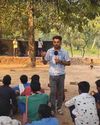
Risking It All
What Mukesh Chandrakar’s murder reveals about reporting from Bastar
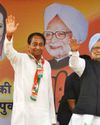
The Good Doctor Had His Problems
What we cannot ignore about Manmohan Singh
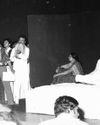
"THERE LIES MY COUNTRY"
Undoing nationalisms in Fahmida Riaz's exile writings
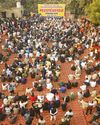
CAPITAL GAINS
The BJP's strategy to unseat the AAP in Delhi
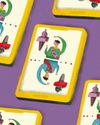
Peeling the Layers
The philosophy behind The Savala Vada, India's The Onion
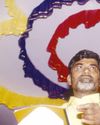
DRIVE TO SURVIVE
The discreet charm of Chandrababu Naidu
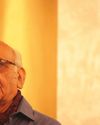
HOW TO SEE ART?
BN Goswamy's strategies of seeing
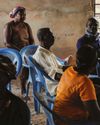
Bitter Crop
Ghana's cacao plantations in crisis
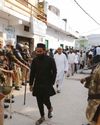
SURVEYORS OF DESTRUCTION
An atmosphere of fear persists in the wake of the Sambhal violence